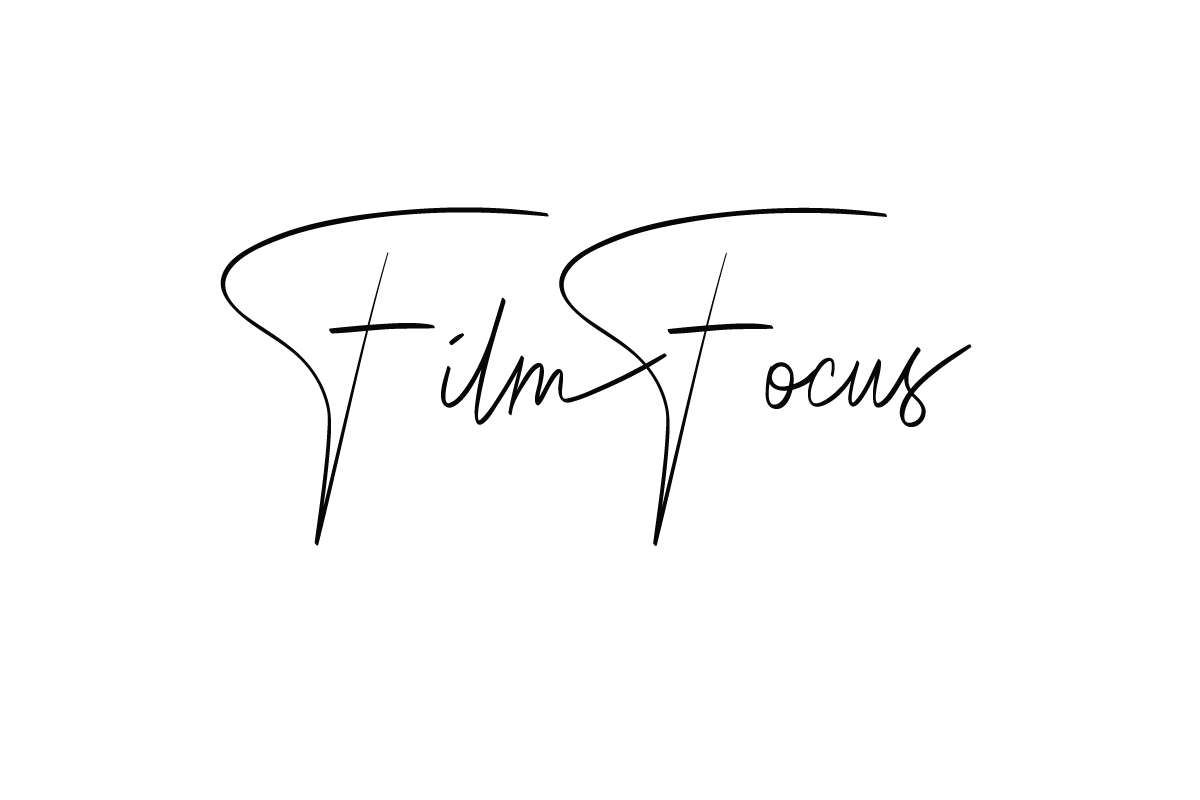Don’t Worry Darling
Don’t Worry Darling isn’t the trainwreck the dramatic press tour would have you imagine, but it is a film that starts incredibly strong, and decidedly unwinds with the third act twist that is frankly cheap, cliche and a bit gross.
Alice (Florence Pugh) and Jack (Harry Styles) move to the town of Victory when Jack gets a job with charismatic leader Frank (Chris Pine). But while Jack, Frank and the rest of the men go off to work every day, on some mysterious project in the surrounding desert, the women are left to shop, prepare meals, and tend to children. Over time, something starts nagging at Alice, and she begins to have what she understands to be hallucinations. After a trek out into the desert, past where she has been ‘allowed’, she starts to suspect that not all is as it seems with the town of Victory.
Directed by Olivia Wilde, who also acts in the piece, Don’t Worry Darling is often visually impressive. Beautifully choreographed blocking and dancing, stunning pastels and a mid-century vibe that feels like the movie was shot in a West Elm store combine to create a movie that sucks you in with the stunning on screen image.
It also sucks you in with the first two thirds of the story. As we try and work out just what is going on, the film is incredibly engaging; on the edge of your seat stuff. A lot of this is down to Florence Pugh and Chris Pine, who both respectively excel in their roles. Pugh in particular is fantastic, and holds the piece together, but the best scenes are those when Pine and Pugh face off across the kitchen, or the dinner table, or a crowded ballroom. Their hero-villain dynamic is palpable, tense and unmissable.
And despite the maligned commentary in some reviews, Harry Styles isn’t so bad. His performance is perfectly fine - if not excellent - and while it might be tempting to imagine what an actor like Shia LaBeouf may have done with this role, and indeed how that might have played given his real life drama, in the end Styles serviceably supports Pugh’s powerhouse work.
The issues really stem from the ultimate reveal. Coming at the end of the second act, and blowing all of the good will out of the movie, it feels like the cheapest, most manipulative and hamfisted possible ending to a film that until then had promised nuance. The piece becomes so on the nose, that it almost entirely derails the film; the only benefit being that such an ending is so immediately forgettable that even a day after the screening, you can barely remember the final third and instead recall the first two fondly.


